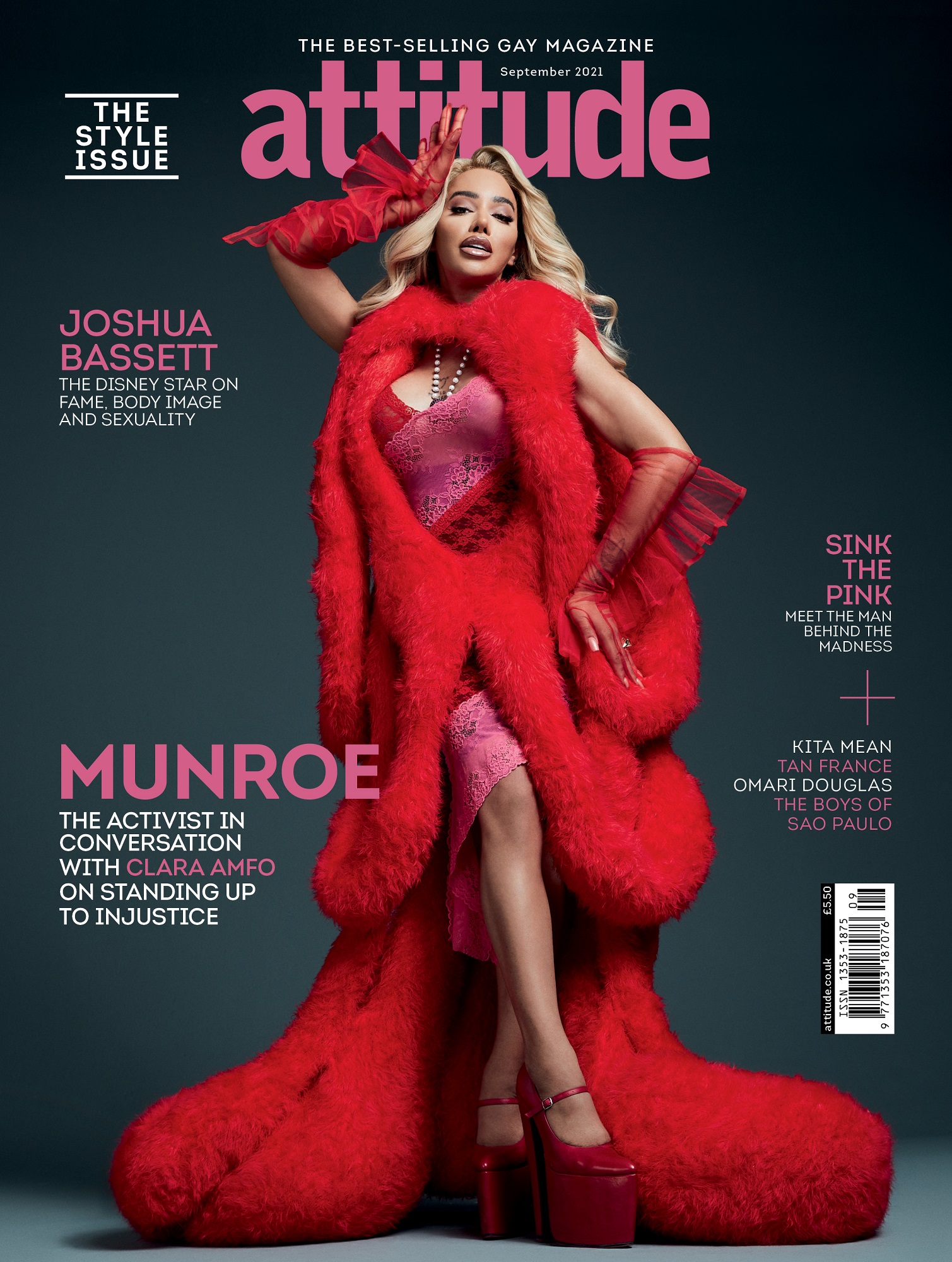The best LGBTQ films to watch at this year’s BFI London Film festival
One of the festival's progammers tells Attitude that while queer cinema is growing, more work is needed.
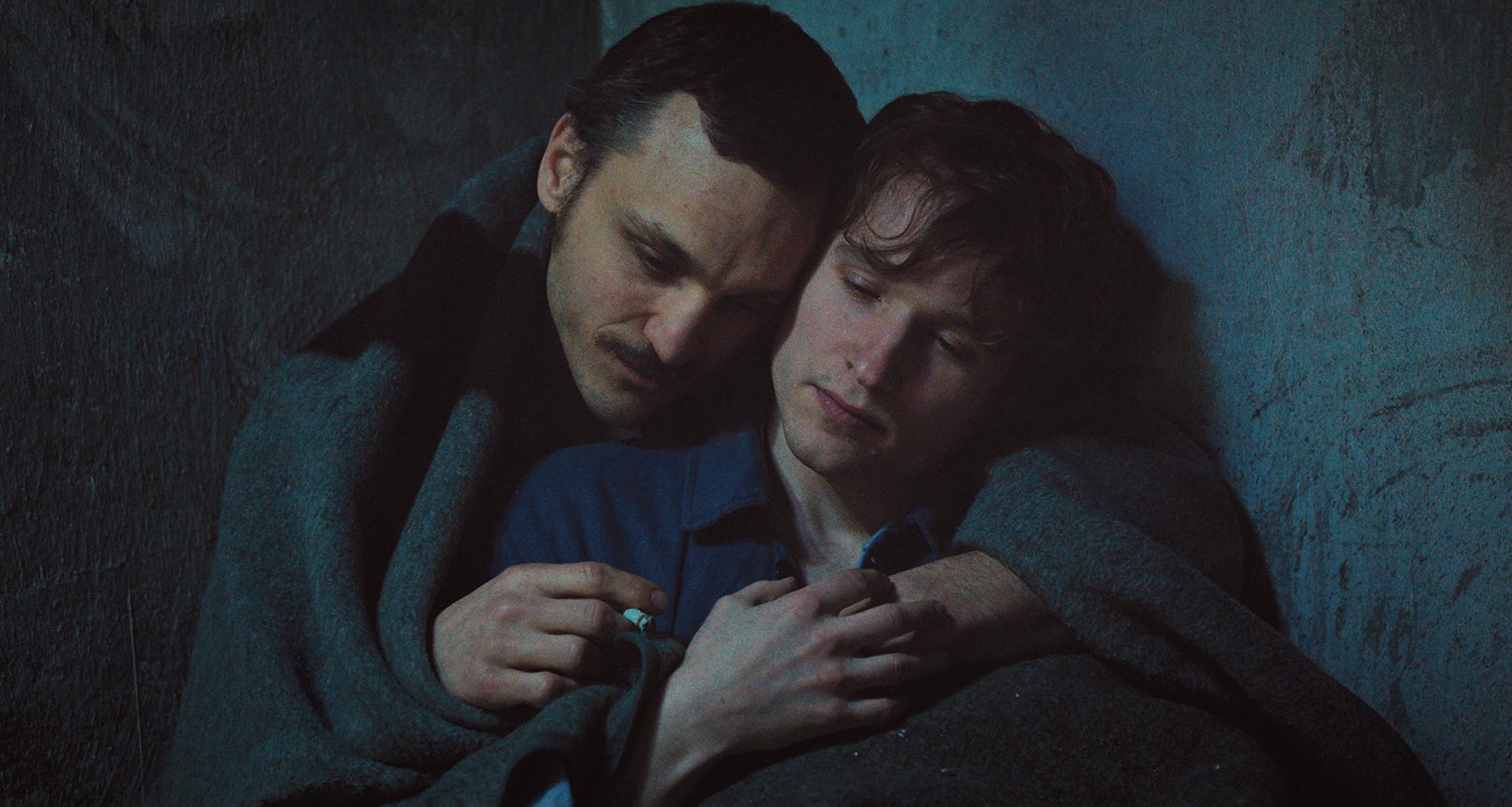
Words: Alastair James; pictures: BFI
The British Film Institute 9BFI) has announced its programme for the 2021 London Film Festival (LFF), with 159 feature films. This year, 39 percent of the programme comes from female and non-binary creators.
Between 6 and 17 October, films will be available to watch in cinemas across the UK and virtually, as well as at the BFI’s flagship venue, BFI Southbank. It will be accessible online on the BFI player.
A number of LGBTQ projects will feature in the festival. Here are just a few to look out for:
Bernadetta
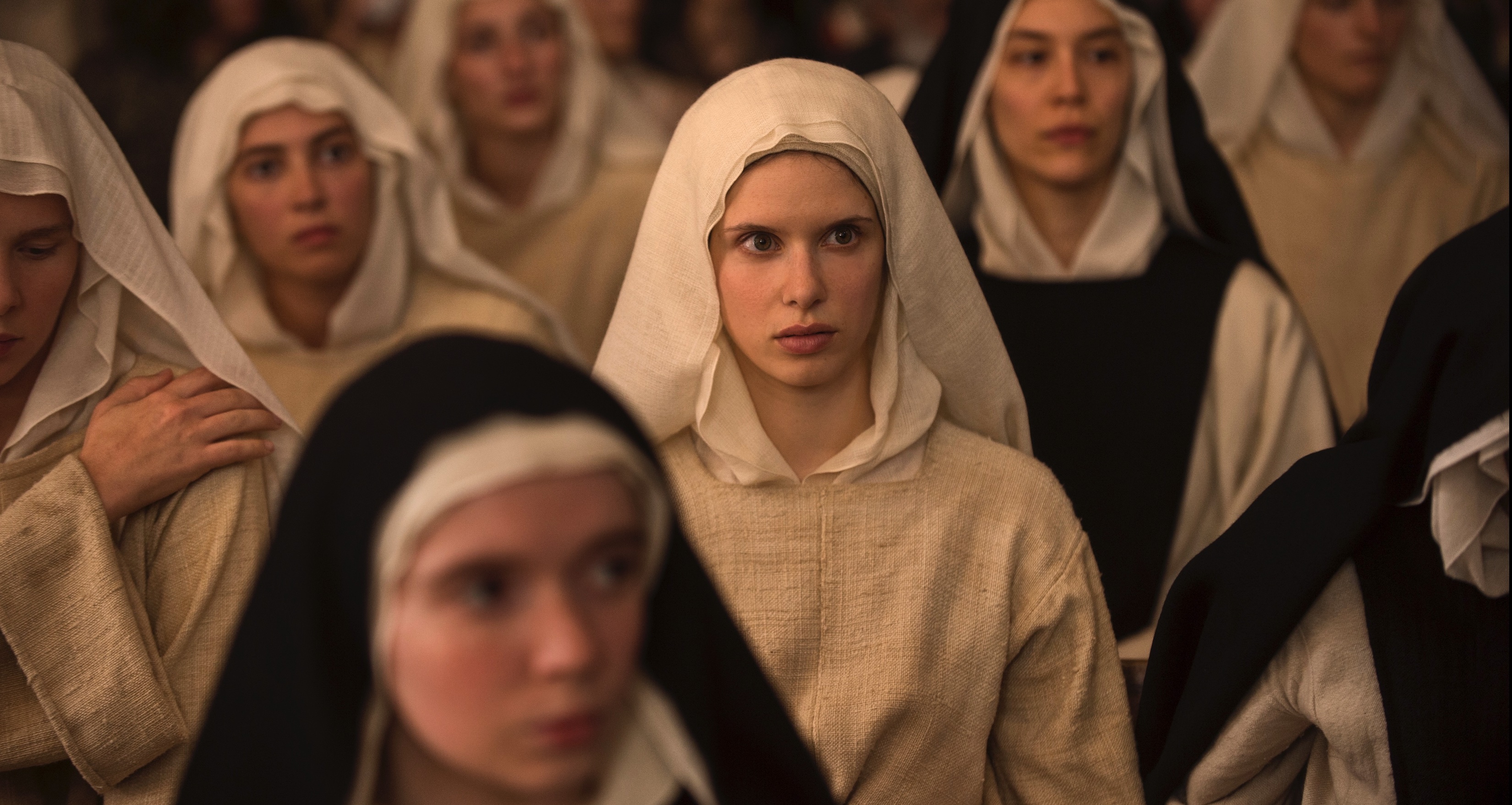
Bernadetta (Photo: BFI)
Paul Verhoeven’s psychosexual melodrama follows Catholic mystic and lesbian, Sister Benedetta Carlini: an infamous nun who rose to local power as a mystic but was subsequently charged with committing scandalous heretic acts including a passionate affair with another nun.
Flee
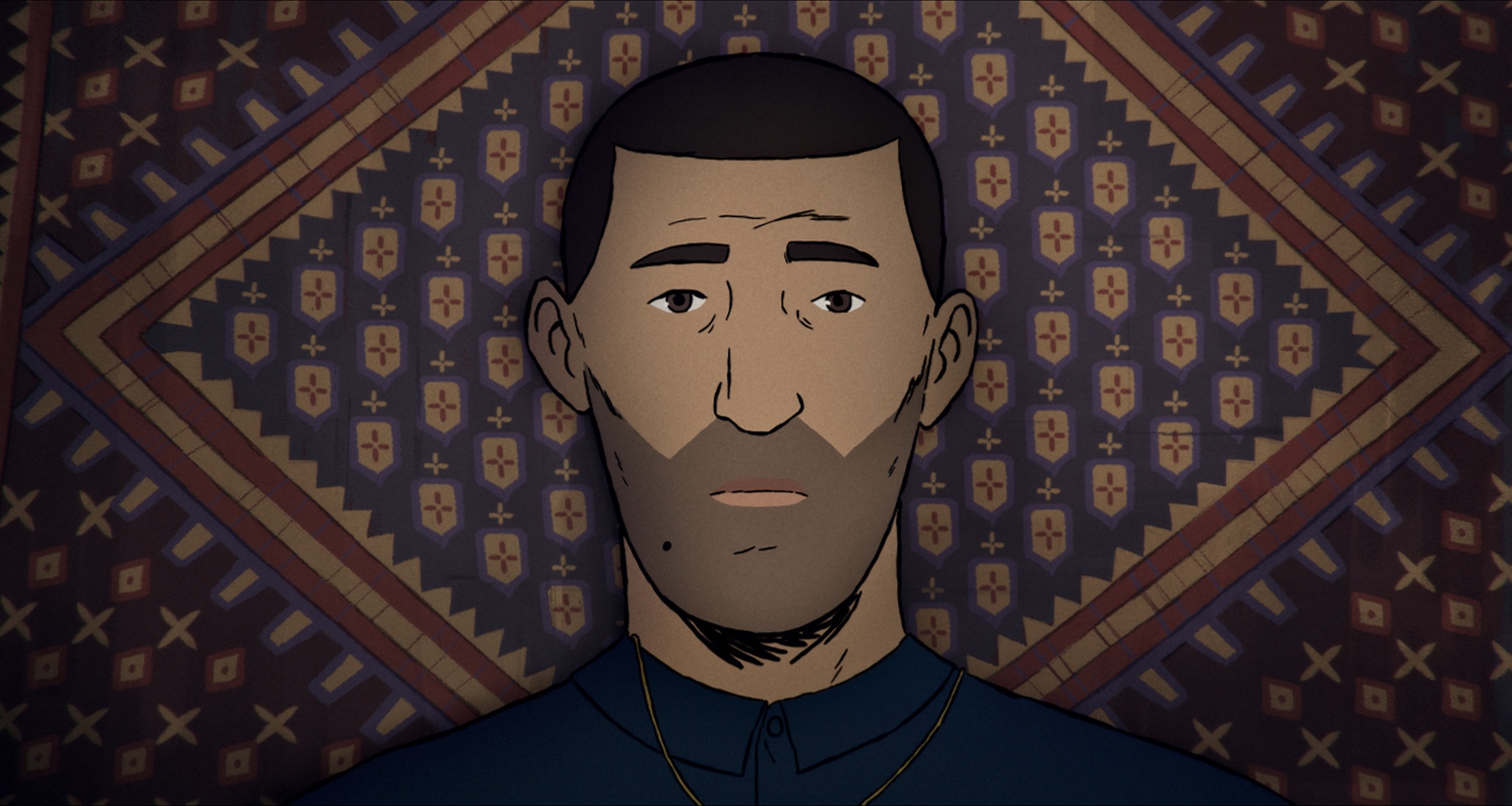
Flee (Photo: BFI)
A tender interview between director Jonas and his school friend Amin, years after they first met, blossoms into an extraordinary story of love, survival, and resilience. Vibrant animation illustrates Amin’s departure from a happy childhood home in Afghanistan, subsequently fractured by war, to his current life as a successful academic in Denmark.
Sediments
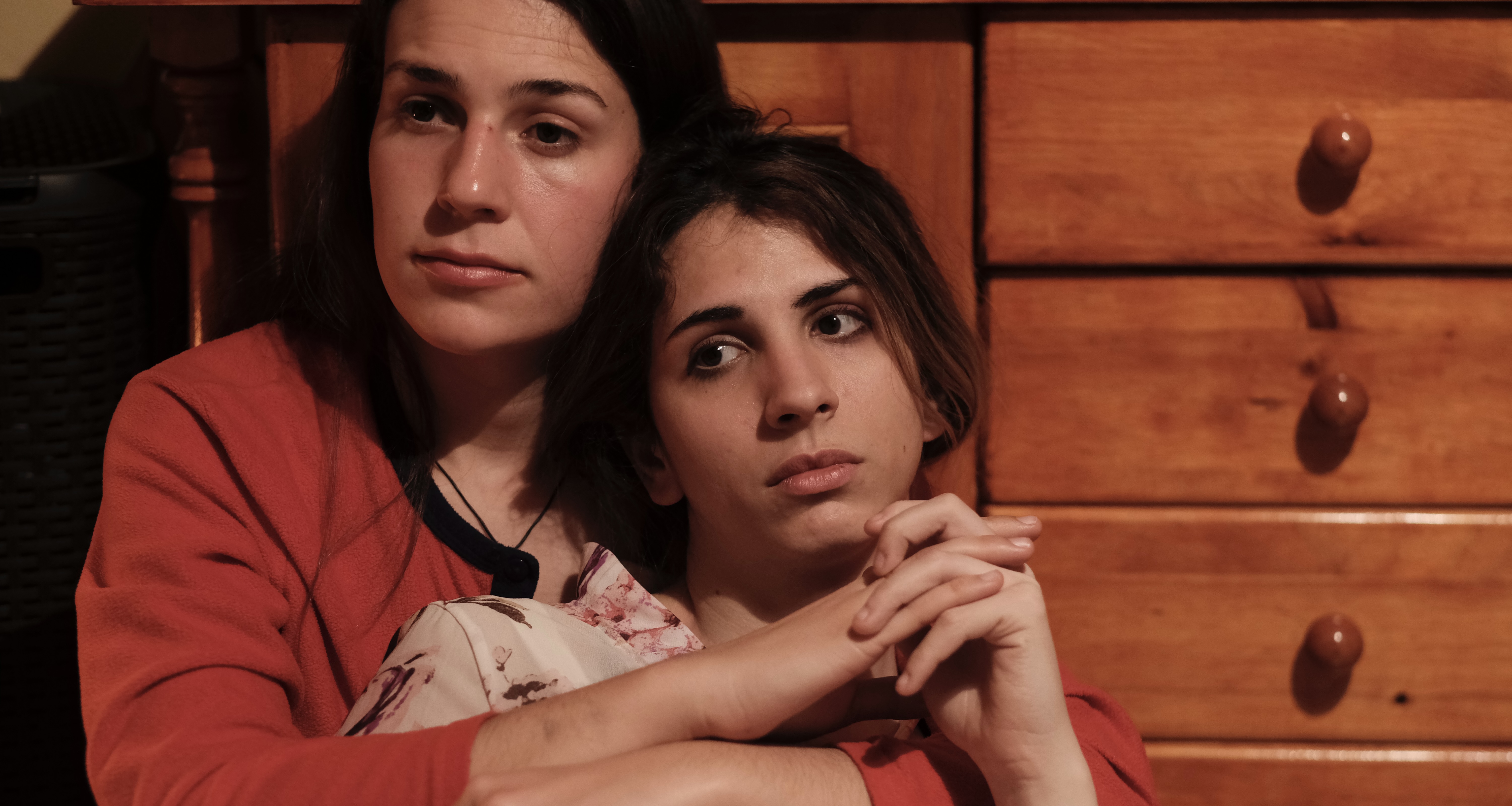
Sediments (Photo: BFI)
A group of Spanish trans women go on a road trip and share openly about their life experiences in this warm and honest documentary.
Great Freedom

Great Freedom (Photo: BFI)
The winner of the UN Certain Regard Jury Prize at this year’s Cannes. In post-war Germany, Hans finds himself repeatedly incarcerated in a high-security prison with Paragraph 175 outlawing the ‘unnatural sex act committed between persons of male sex’.
“We need to see more mainstream work”
Michael Blyth is one of the festival’s programmers, who specialises in Queer cinema. He was able to give Attitude an insight into what people can expect and says LGBTQ films are an essential part of the programme.
“Some of this year’s highlights include our BFI Flare Special Presentation Flee, a profoundly moving animated documentary about an Afghan refugee dealing with his identity, and Sediments, a beautifully empathetic and warm-hearted documentary which follows six trans women who travel to a small town in Spain.”
He says that a breadth of Queer cinema is always on show in the BFI’s festivals, allowing them to offer a platform for more marginalised voices. He also adds that there has been growth, albeit slow, in Queer cinema over the last few decades. This he says is particularly the case with major studio productions.
“However, we all too often see queer characters existing in supporting roles, and we need to see more mainstream work which places queer lives at the centre. We absolutely need to see more diversity in the queer stories and characters that appear on screen.
“Gay men still dominate in terms of on-screen representation, and not only do we need more lesbian and trans stories, but we desperately need films that explore bisexual, asexual and fluid identities, as well as authentic QTIBPOC (Queer Trans Intersex Black People & People of Colour) stories.”
Commenting on the idea of queer stories revolving around some form of trauma Michael says, is a very real part of the lives of many queer people. “It is essential that the London Film Festival (and BFI Flare) acknowledges this.
“But it’s equally important that we showcase celebratory, uplifting, and joyous LGBTIQ+ stories too. We, as queer people, do not have one united story to tell, we have millions. And cinema (and by turns film festivals) should reflect this.”
The full programme for the BFI London Film Festival is available here.
The Attitude September Style Issue, is out now.
Subscribe in print and get your first three issues for just £1 each, or digitally for just over £1.50 per issue.
